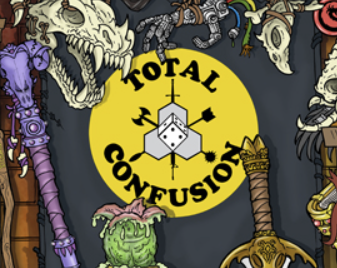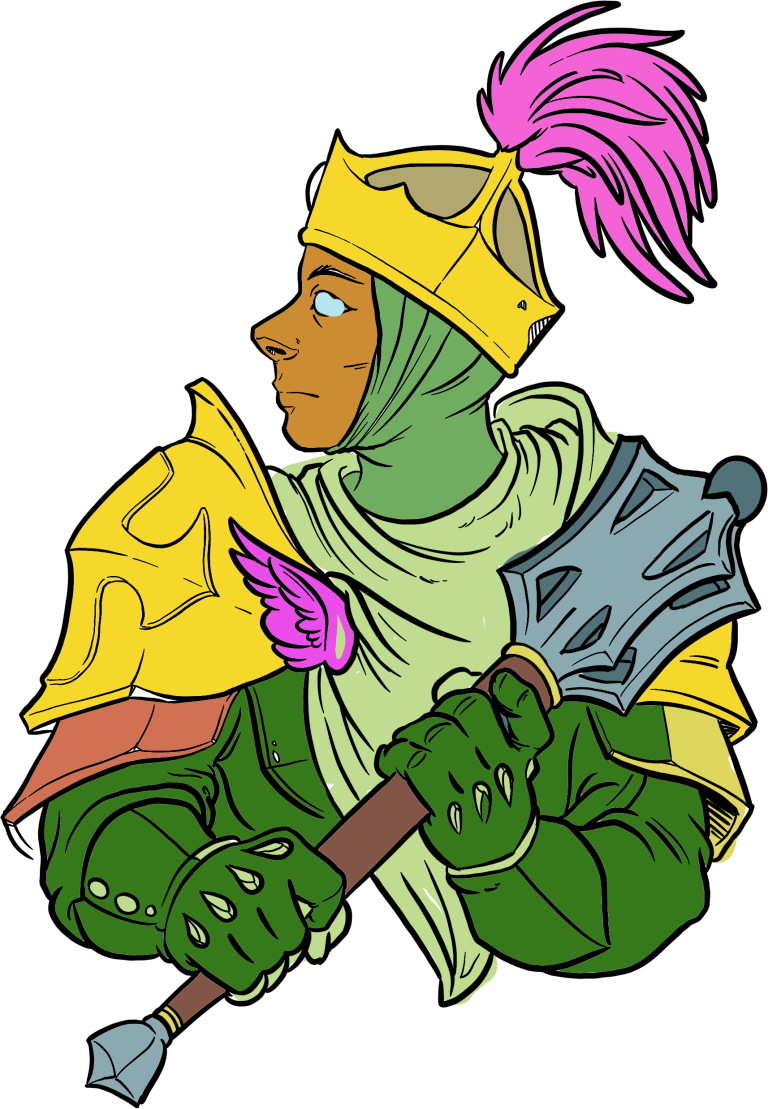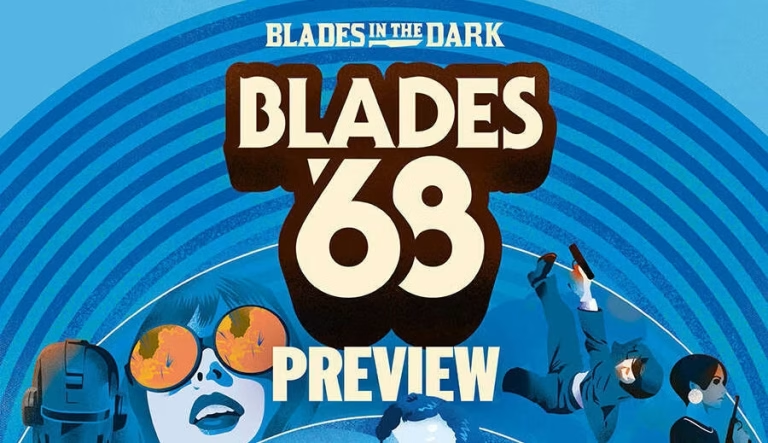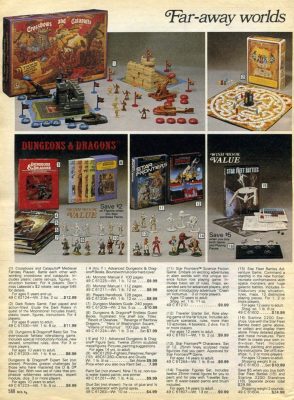When I began playing RPGs in the 80s as a teenager our concept of the game was similar to going to an amusement park – The GM built a roller coaster and the players jumped on the ride. The modern era of RPGs requires a different metaphor: the GM and players are assembling a jigsaw puzzle together. The GM might assemble the edge pieces to frame the puzzle, but the puzzle is only complete with contributions from all the players.
When teaching RPGs to new and young players this concept is even more important as it can greatly add to what the players get from the game. Of course what they primarily get from the game is a few hours of fun, but they are also learning social skills from working in a group. By letting the players not only make decisions for their characters but also help shape the campaign world, these players can gain a sense of empowerment. The campaign world is a place where they can have fun in an adventure story and one where they have the power to affect the shape of that story.
NOTE: I am in no way a trained therapist, what follows is merely my experience as an educator. At various times in our growth as humans we might go through periods where we feel trapped or unable to affect our world. Some people are affected by this feeling more than others. This can lead to a negative self-image. People can get a positive feeling from the chance to be creative in changing their environment.
I’m not suggesting that creating a campaign world should be an entirely collaborative effort. The GM can do the work of framing the world: setting up major themes, geography and story arcs. You can also let the players add to your world by prompting them for information about their character’s life: Where are they from (city, forest, farm, etc)? What was their family like? Why did they decide to become an adventurer? Then when the heroes end up traveling to a city that one of the characters grew up in, ask the player about some details: Where does your family live? What is their occupation? Would your family be willing to allow your friends to stay with them instead of at an inn? Your prompting questions will make the player realize that this is their game as much as anyone else’s and that will often be a positive experience.
I also believe that these player contributions enhance your world building. As a creative you have a strong vision about what your world should be, but some other perspectives about the details will make for a more well rounded world.





